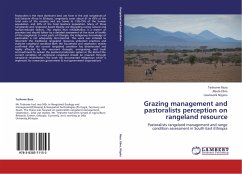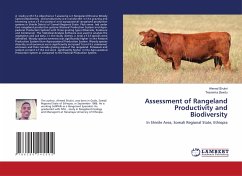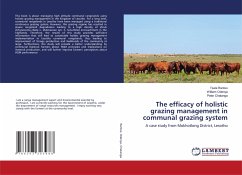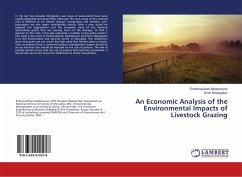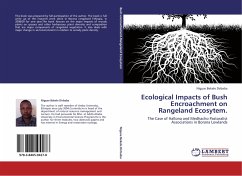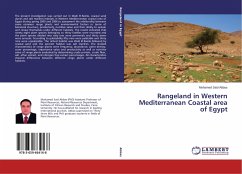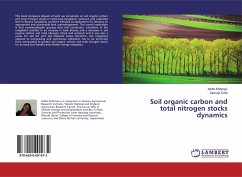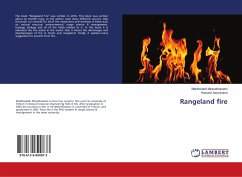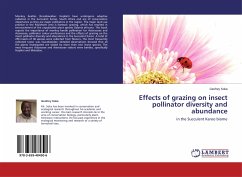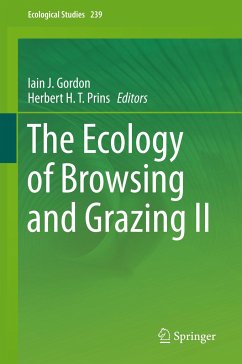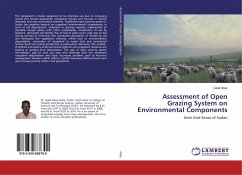
Assessment of Open Grazing System on Environmental Components
Semi Arid Areas of Sudan
Versandkostenfrei!
Versandfertig in 6-10 Tagen
33,99 €
inkl. MwSt.

PAYBACK Punkte
17 °P sammeln!
The rangeland in Sudan subjected to be intensive use due to increasing animal and human population, ecological change and increase in human demands and over economical activities. Traditional open grazing system in Sudan has negative impacts on rangeland environmental components, in term of soil degradation, reduction in grazing capacity, replacement of desirable forage plants with other unpalatable, compaction of soil by livestock, decreased soil fertility due to loss of plant cover, high loss of soil during periods of torrential rain, decreased absorption of rainfall by soil and destroyed th...
The rangeland in Sudan subjected to be intensive use due to increasing animal and human population, ecological change and increase in human demands and over economical activities. Traditional open grazing system in Sudan has negative impacts on rangeland environmental components, in term of soil degradation, reduction in grazing capacity, replacement of desirable forage plants with other unpalatable, compaction of soil by livestock, decreased soil fertility due to loss of plant cover, high loss of soil during periods of torrential rain, decreased absorption of rainfall by soil and destroyed the vegetation diversity, which lead to environmental degradation, conversion of rangeland to waste land and constricted human food and animal production in particularly. Moreover, the unclear, ill defined and poorly enforced access rights to use rangeland resources are leading to grazing land degradation. The gap of open grazing system information, gap of land use map and extensive land use accelerate rangeland degradation and socio- economic problem, such as incorrect management decision within officers, conflict between different land users and increase poverty within rural population.



